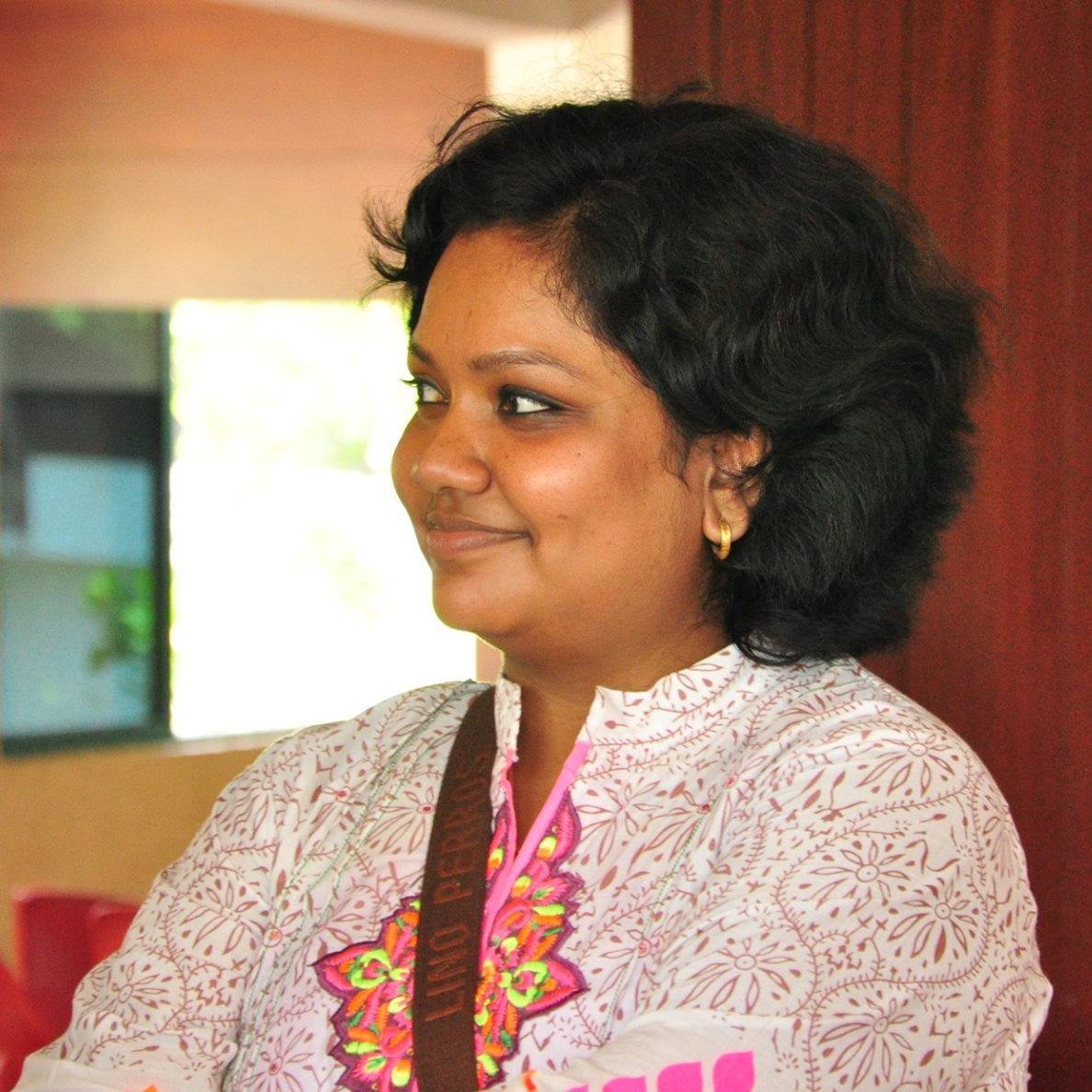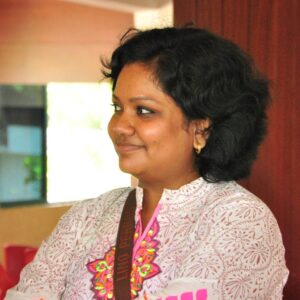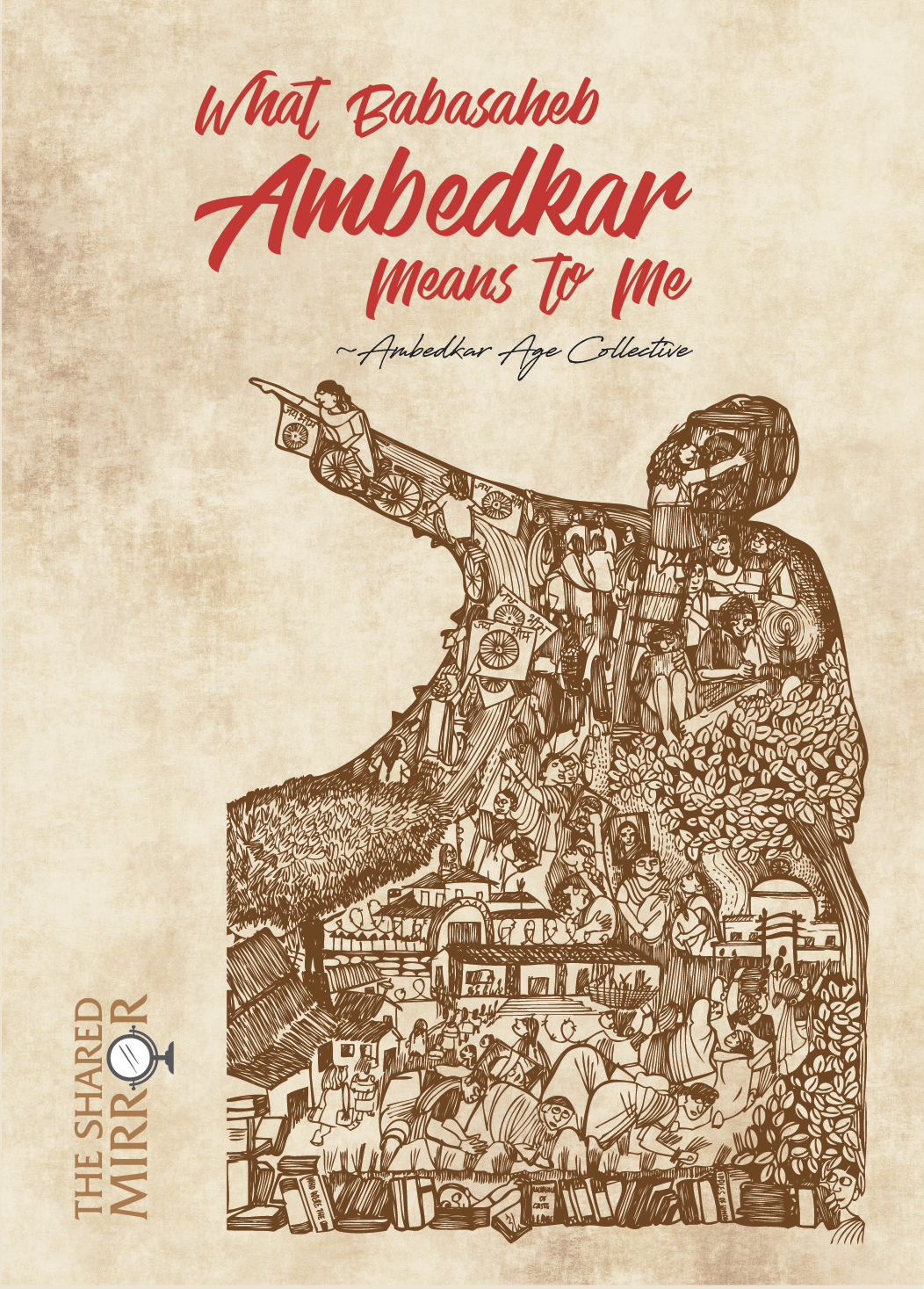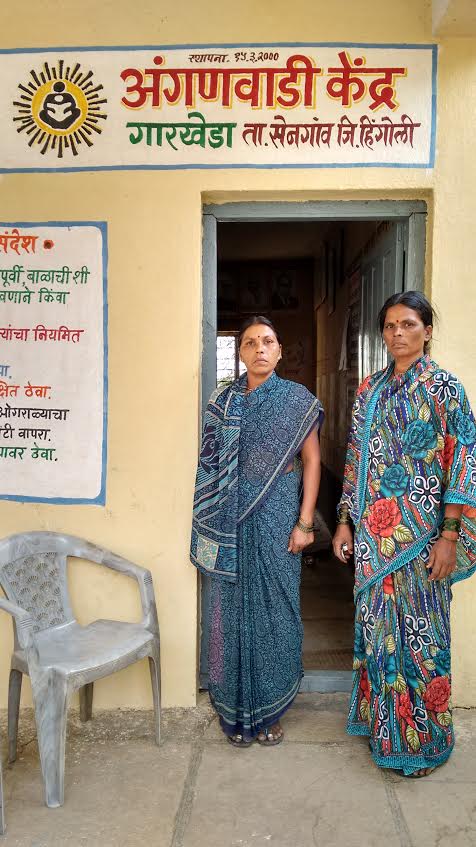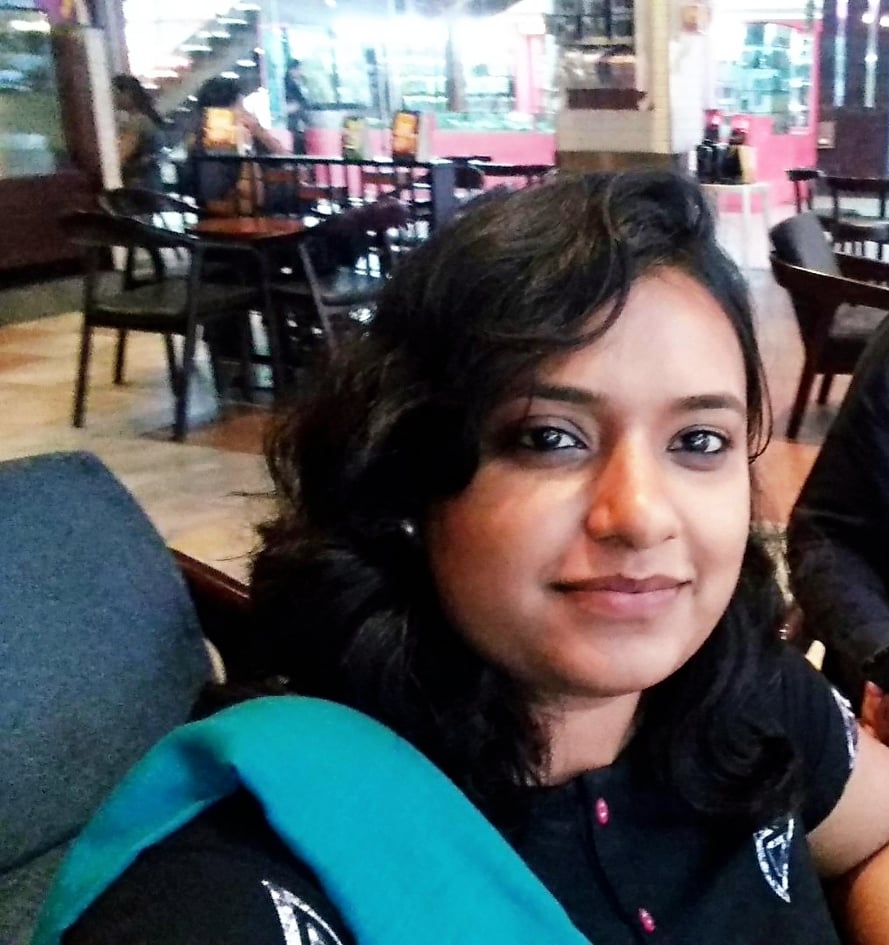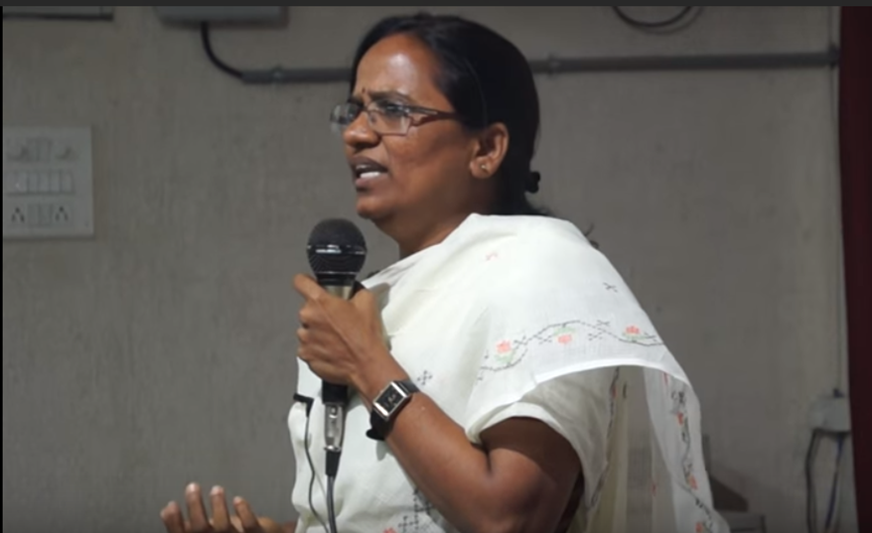SAVARI
It is in academic spaces where every individual student belonging to SC ST OBC communities experience the supremacist behavior of the brahmin-savarana communities; students, teachers, admin, everybody participates in this. This is a continuum between urban and rural school experiences as well as across time for these students. Educational spaces imply changes in the familiar and rigid caste codes for human interactions and this implied change evokes a violent resistance from the brahmin savarnas. These experiences’ impact on the students from marginalized communities often sets them on a path to become politicized towards Ambedkarite consciousness, in the short or long run. Suravee Nayak in her essay in the book, What Babasaheb Ambedkar Means To Me, highlights her experiences at different levels of education and at different academic institutions.
An excerpt from Suravee Nayak’s essay, ‘Towards Ambedkar’s Ideas, A Journey of Self-transformation’
The call for articles on the theme “What Ambedkar Means to Me” made me look back at my life and reflect upon what Babasaheb Ambedkar meant to me. In modern India, it is widely believed that the caste system does not exist anymore. The ‘progressive’ society that I lived in took me into its confidence and I was made to believe that despite being a Dalit, I will not be treated like one. However, I was made to realize gradually by the same society that after all, I am a Dalit and caste is my undeniable and unchangeable identity. Although I was unaware of the conventional caste practices of rural India, there were three major incidents in my life which made me aware of the modern forms and practices of caste and made me re-think.
When I was in 8th standard, in ‘History of India’ lesson, we were taught one day about the ‘ancient’ practice of caste system along with its mythological explanation, about the various parts of Brahma’s body from where each caste was born. During lunch break, that became the topic of discussion amongst us students. A friend started asking others about the castes they belonged to. Some proudly said ‘we are Brahmins,’ with utmost gratification, some said, ‘we are Kshatriyas’ and some said ‘we are Vaishya.’ When my turn came, I was stunned and speechless. I did not know how and what to reply. Before I could gather my strength to say I am a Dalit, my good friend said, “Oh you cannot be a Shudra, Shudras are untouchables, so you must be a Vaishya?” I was scared to death with the thought of revealing my identity. If I revealed my caste, what would they think of me and how will they treat me from then onwards? Will they accept me as their friend? Will they continue to share their lunch boxes with me? Will they give me their notes? Will I be the butt of their jokes? I just nodded my head.
~~
You can buy your copy of What Babasaheb Ambedkar Means To Me at Amazon.in
